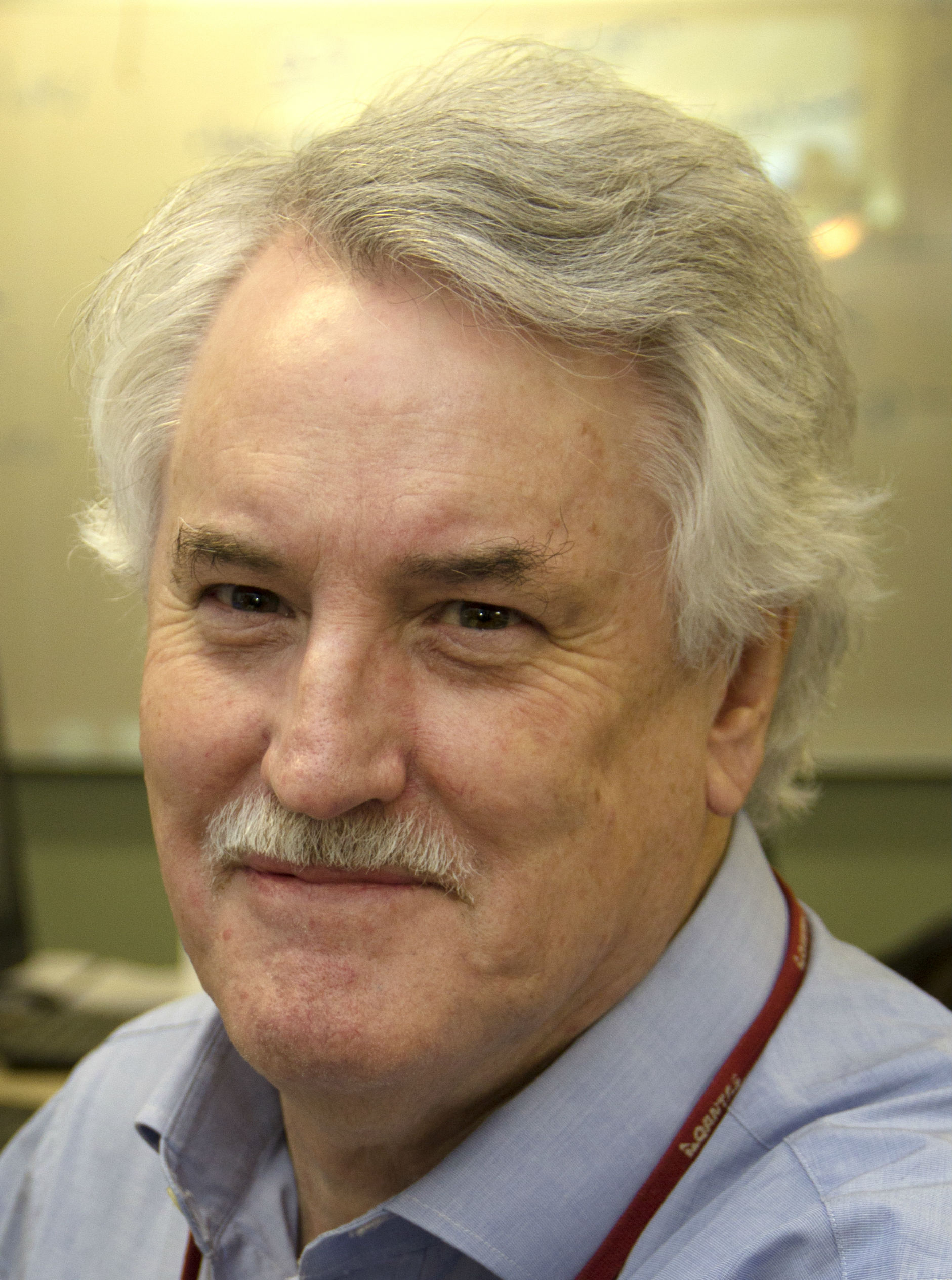This course provides an introduction to, and the fundamentals of multiple regression, covering enough of the statistical material for the intelligent use of the technique. The approach is informal and applied rather than emphasising proofs of relevant theorems.
Based on the General Linear Model, least-squares multiple regression is a general technique through which one can analyse the relationship between a dependent variable and a set of independent or predictor variables. The most important uses of the technique are:
1. to find the best linear prediction equation and evaluate its accuracy;
2. to control for other confounding variations in order to evaluate the contribution of a specific variable or set of variables;
3. to find structural relations and provide explanations for them; and
4. to estimate population parameters and test hypotheses about the population.
The course begins with a review of bivariate regression and extends the relevant principles to the case of multiple regression. Particular attention is given to the application of multiple regression to substantive problems in the social sciences. By the end of the course, the student will have a knowledge of the principles of multiple regression, and the ability to conduct regression analyses, interpret the results, and to inspect elementary regression diagnostics to test the underlying model assumptions. This course provides the foundations necessary for progression to ‘Applied Multiple Regression Analysis’, and to subsequent advanced-level courses in structural equation modelling and log-linear modelling.
This course may run in a computer lab, or you may be advised to bring your own laptop with preferred software. We will let you know in advance.
Participants should have completed an introductory statistics course covering at least some of the syllabus of Introduction to Statistics. A significant part of the course is the translation of the principles of multiple regression to practical data analysis using a statistical package. Some experience with a statistical package, such as SPSS, Stata or SAS, or the spreadsheet Excel is desirable.
Nearly all good social statistics texts treat regression analysis and thus constitute suitable reference material. The following short monographs provide short, clear and technically sound coverage.
- Lewis-Beck, M., Applied Regression: An Introduction, Sage, 1980
- Achen, C., Interpreting and Using Regression, Sage, 1982.
- Berry, William and Stanley Feldman, Multiple Regression in Practice, Sage, 1985.
To be honest it opened my mind to contain things that will help throughout my research (Summer 2017)
David was excellent. Honestly, I have had many stats teachers in the past and David was so clear great communication skills. (Winter 2016)
Gave me a sense of confidence in the statistical methods, and some helpful tips in the procedures to help in my work (Summer 2016)
Helps me understand the foundation to build my model and my next phase of study. (Summer 2015)
The course was true to label; it covered the fundamentals of regression and provided opportunities to learn how to interpret software outputs. (Winter 2014)
David John Gow is a consultant in research methods and statistics and their application in the social sciences. He has taught in many ACSPRI Summer and Winter Programs
The instructor’s bound, book-length course notes will serve as the course text.
